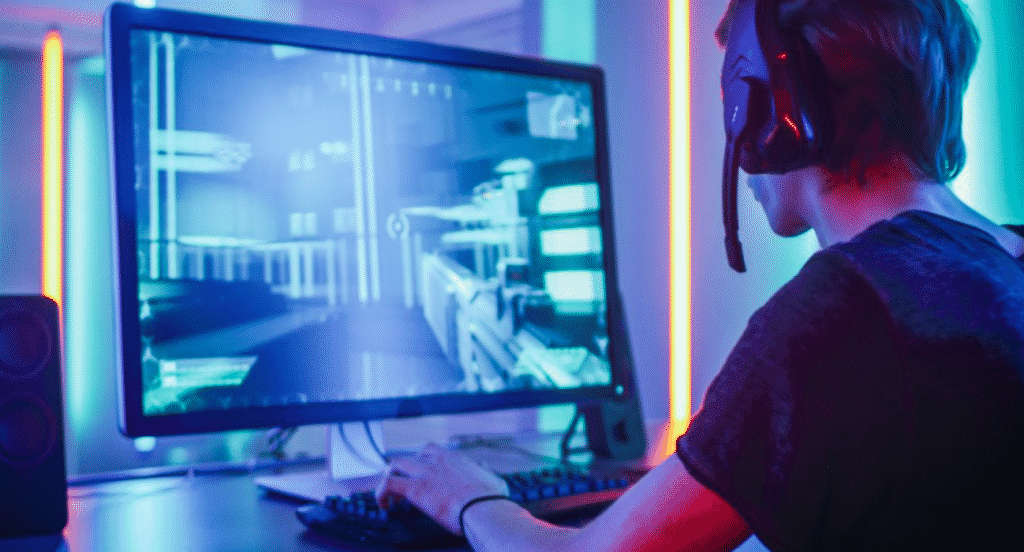Your kids are stuck in front of the PlayStation all day, and now your husband seems to be joining in as well. You can’t believe they’d all be wasting so much time in front of a screen. What you don’t know is that playing video games could have a surprising number of beneficial effects when done in moderation.
Debates about violence and ethics dominated the world of gaming in the years where big companies like EA, Ubisoft and Rockstar were dominating the markets, but in recent years many smaller developers are taking over and so the conversation is changing. These ‘indie’ developers focus on making games based around creative thinking and storytelling – and kids are catching on. But could these new games be beneficial?
Games Develop Lateral Thinking Capabilities
Games based around a series of puzzles reward players for thinking up unusual ways in which to accomplish tasks. These tasks can be anything, from basic puzzles to crafting objects out of found items. Players have spent so much time in games like Minecraft that they can sell their creations for real currency. The rise of this type of gameplay comes from the demand from gamers for more interesting scenarios.
As ‘cool’ as shooting your way through a herd of zombies might seem, it’s only fun for a little while before it becomes monotonous. Kids and adults need their minds to be stimulated in order to want to do something, and while a puzzle game keeps them entertained, it might also impart valuable real life thinking skills.
Games Train Hand-Eye Coordination
In the world of first-person video games, quick reaction time is everything – the difference between life and death. Long gone are the days of dungeon-style shooters, now everyone’s playing massive online multiplayer games where your skills are pitted against other players in real time. Some of these players are real professionals, as in they actually earn money from playing in esports tournaments.
When you’re instantly pitted against the best of the best, you have to improve at an incredibly rapid rate. The response time in a video game is based on the players ability to read a situation, understand it, and respond with a controller or mouse and keyboard. As this in-game skill is developed, so does one’s hand-eye coordination and reaction time in real life, making gamers more adept at fast-paced decision making,
Games Are Stories
Alongside more challenging obstacles and puzzles, demand for better storytelling has increased in the gaming world. Big budget production houses have to keep up with this demand if they want to make sales.
The result is highly immersive worlds and tales that not only inspire but also lead the player to question their ideas and ideals – and are as good as getting the best odds online. A big part of a game’s longevity is it’s replayability and for this reason game developers are now creating stories where every decision made impacts how the story progresses. This can be a valuable tool for kids to learn about consequences and the long-term ripple effects seemingly small decisions can make.

